The internet’s dark basement, the litterbox of the online world, the birther of memes, the web’s containment zone— 4chan was always infamous. But now, it is ‘dead’.
In a rather dramatic turn that shocked little and yet stunned many, the notoriously lawless imageboard 4chan has reportedly been hacked. The attack was heralded with a full-on defacement. A long-dead board, /qa/, rose from the ashes, only to display a cryptic “U GOT HACKED” message. Then, screenshots claiming to reveal its inner workings began circulating across the internet’s back alleys, TechCrunch reported.
The hackers, reportedly aligned with rival community Soyjak.party, claim to have had access to 4chan’s backend systems for over a year before pulling the plug. Their trophy: what they say is the site’s entire source code, admin control panel data, and even moderator and administrator personal details— email addresses, IP logs, and even internal discussions. For a platform that has prided itself on anonymity, the irony stings.
The digital blackout has erased, if only temporarily, one of the internet’s most controversial corners.
Reports suggest that 4chan may have been running on outdated code as far back as 2016, with no meaningful updates or protections in place. It appears that the hack was a matter of when, not if.
Conspiracy theories galore
4chan’s takedown has spurred all kinds of conspiracy theories online. On social media platforms like Threads, X, and Reddit, users are talking about who was behind the infamous website and the “real” reason why it was taken down.
Some, referring to the doxxed data of admins, have pointed out the presence of .gov and .edu email addresses. They suggest 4chan was a psyop (psychological operation) by the government of the United States. Words like deepstate have been used.
Users also pointed out that before it went down, users on 4chan were at the forefront of investigating the happenings in the El Salvador prisons. Something smells fishy to them.
Even more bizarre is the theory that evey couple of years, the credible image of a real alien makes it to 4chan. As soon as that happens, the website is taken down so the image can be flushed away before it is archived!
4chan’s legacy
4chan was both the breeding ground of internet culture as we know it, and the cautionary tale of what happens when anonymity is weaponised.
4chan is where lolcats, Rickrolls, Pepe the Frog, and Doge first gained traction. It helped incubate meme culture before the word “meme” went mainstream. Its /b/ (random) board was pure digital anarchy—a chaotic free-for-all that pioneered meme formats and image macros still used across Reddit, Twitter, and TikTok.
But this chaos also gave rise to more sinister trends: coordinated trolling campaigns, doxxing operations, and online harassment.
The group Anonymous— which would go on to hack the Church of Scientology, release anti-ISIS videos, and participate in global protest movements like ‘Occupy’— was born out of 4chan’s /b/ (random) board. It was the digital equivalent of an underground cell: decentralised, anarchic, and bound by nothing but shared disdain for injustice, oppressive authority, and mischief.
With no account system and minimal moderation, 4chan allowed users to say whatever they wanted without consequence. This made it a haven for niche interests, fringe art, and uncensored discourse—but also for racism, misogyny, and extremism.
While 4chan wasn’t created with any political agenda, boards like /pol/ (politically incorrect) evolved into ideological breeding grounds. What started as “edgy” humour—posting racist, anti-Semitic, or misogynist content for shock value—gradually morphed into serious political alignment among some users.
By the mid-2010s, 4chan’s /pol/ board became a rallying point for what would later be called the alt-right: a loosely defined coalition of white nationalists, men’s rights activists, anti-globalists, and other far-right ideologues.
For better or worse, 4chan documented a raw, unfiltered era of the internet. It captured the web before monetisation, influencer culture, and surveillance capitalism. In that sense, it’s a reminder of what the internet once was— wild, decentralised, unpredictable, and often deeply uncomfortable.
Some say its loss, if permanent, would leave a void in internet culture. Others say: good riddance.
With inputs from agencies


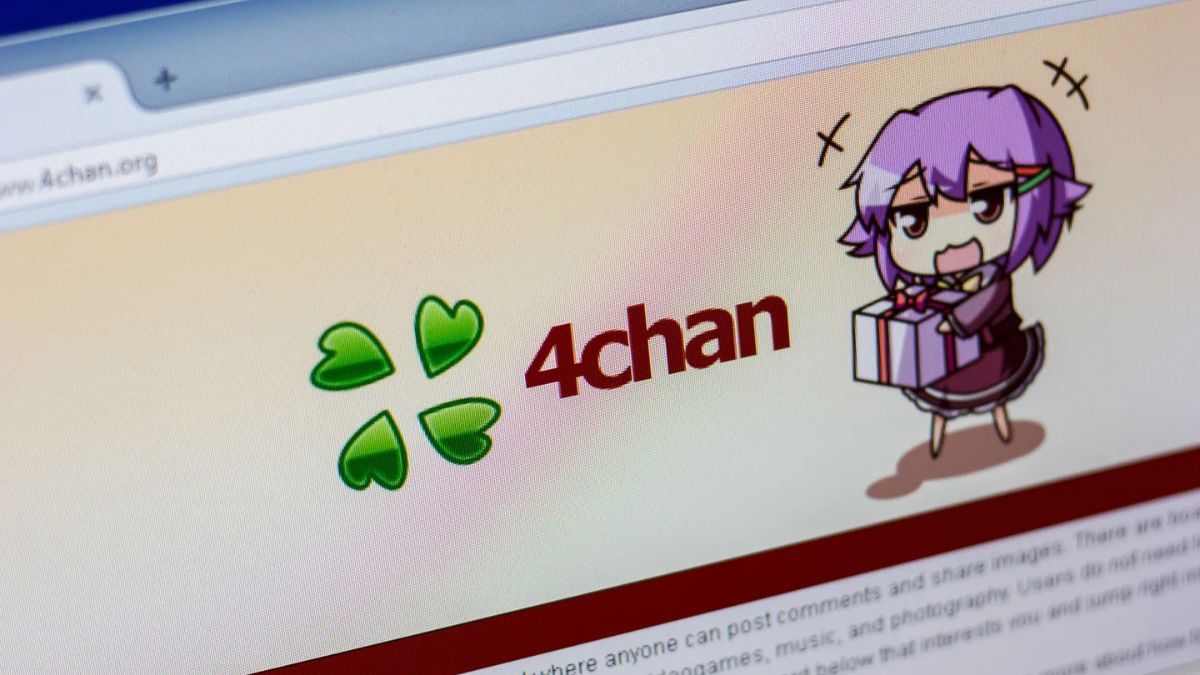)
)
)
)
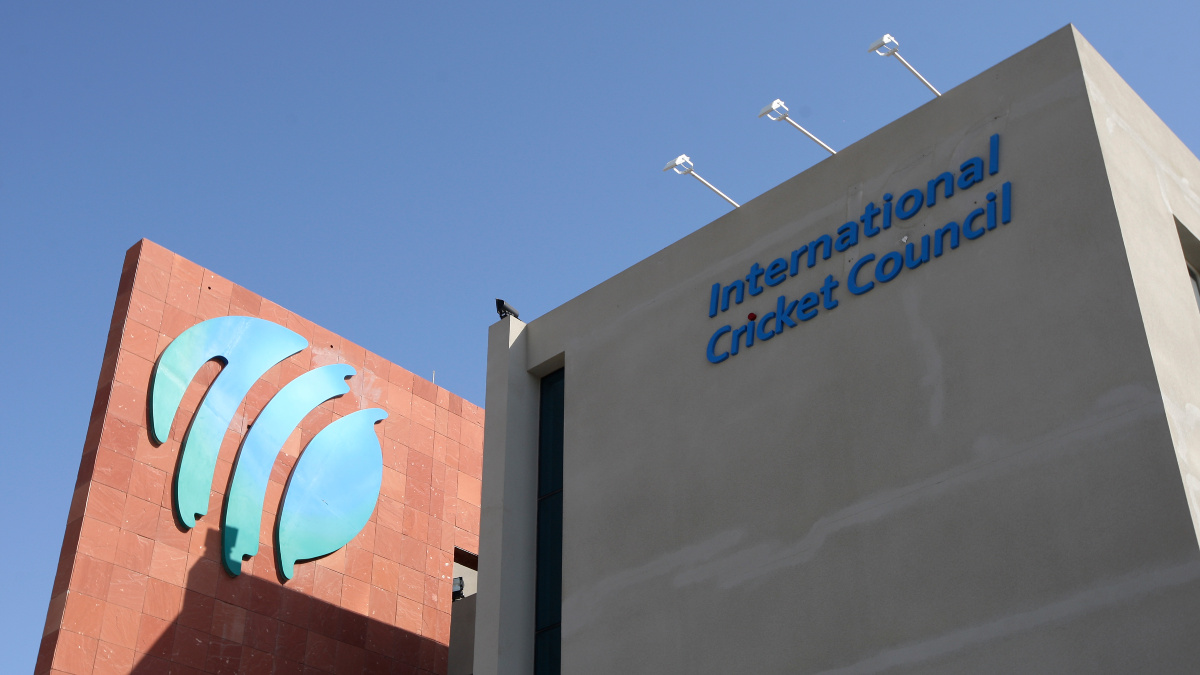)
)
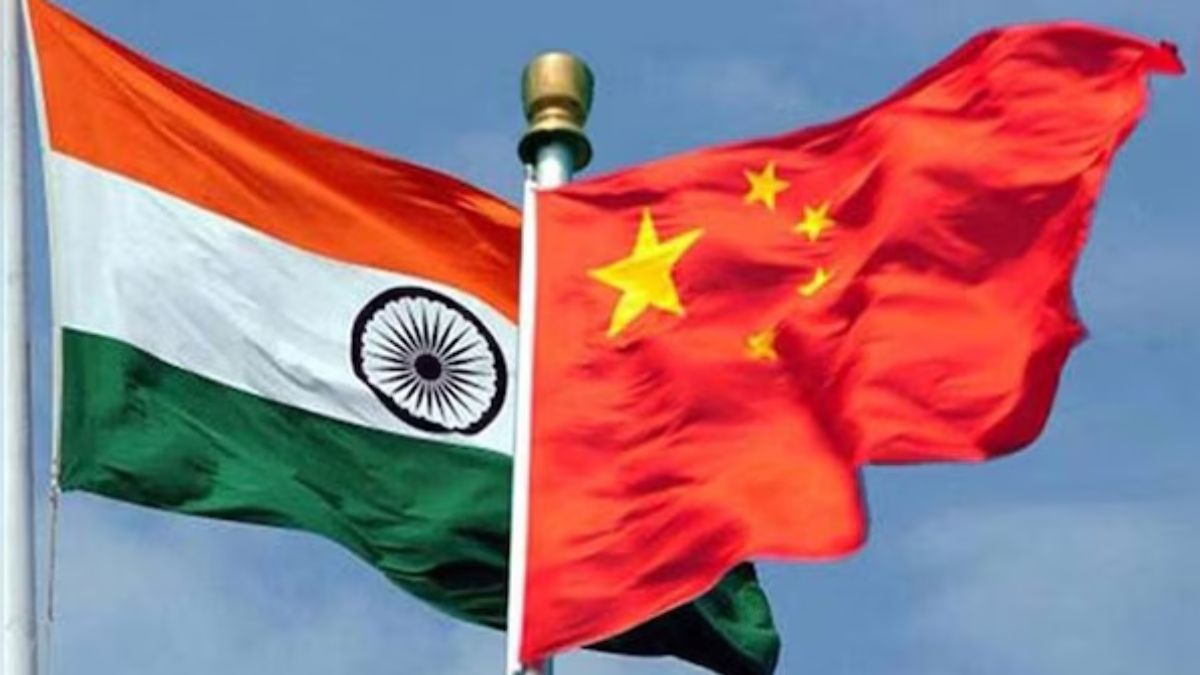)
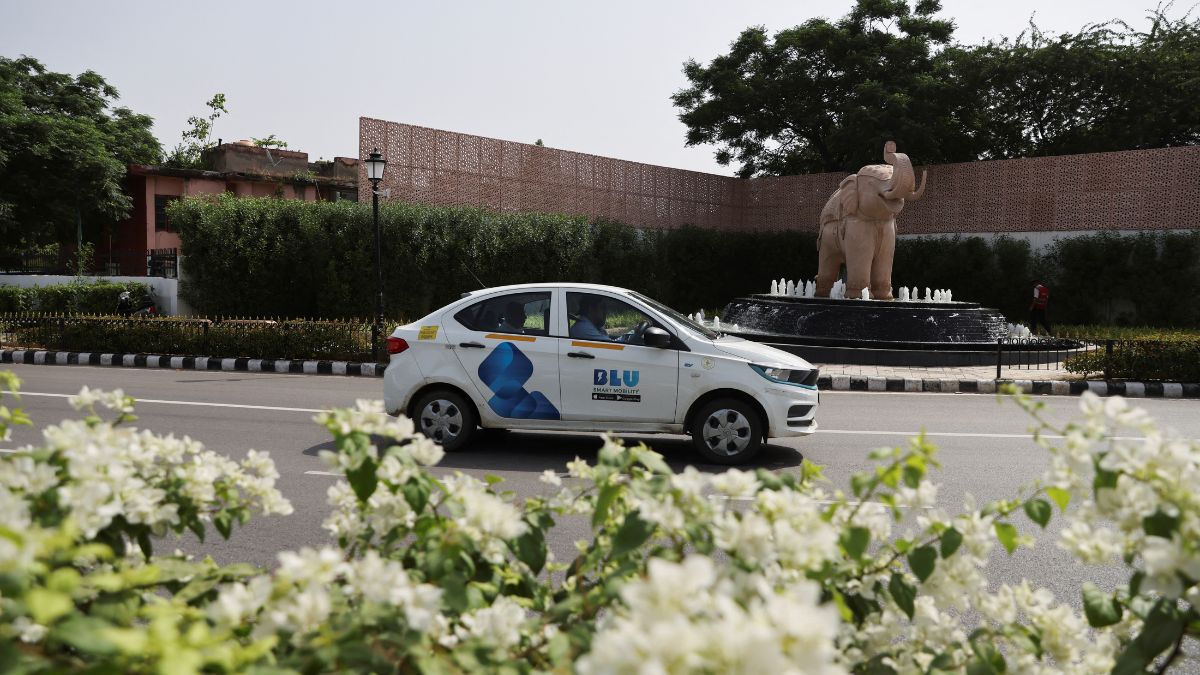)
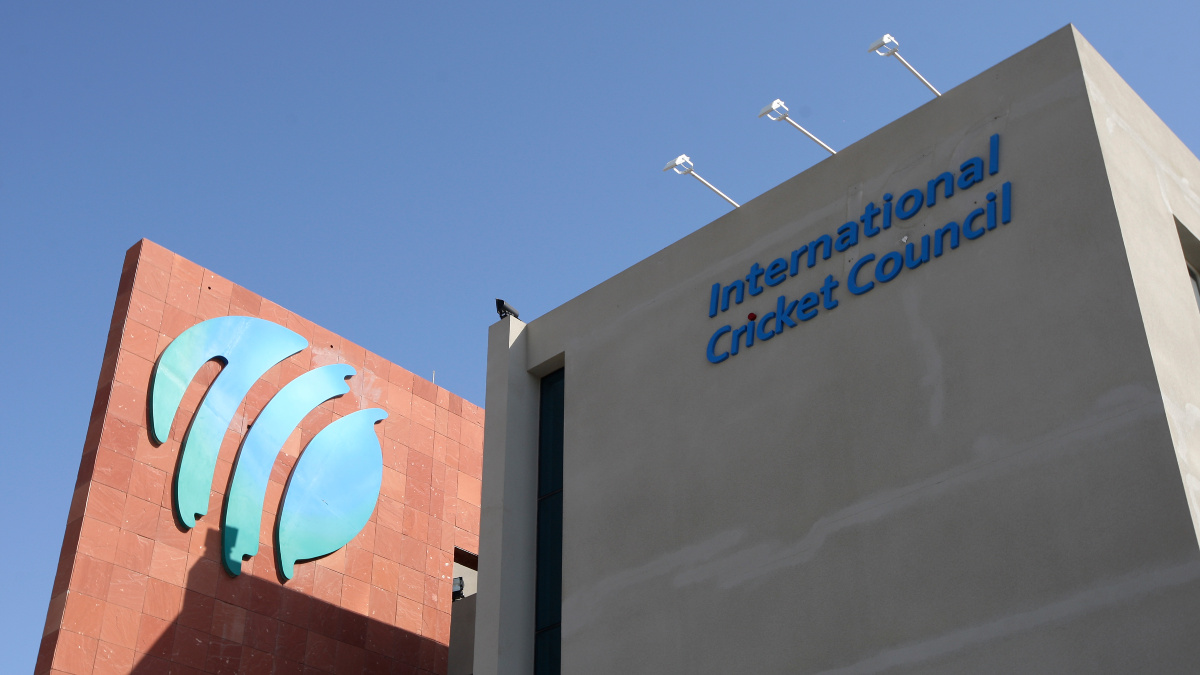)